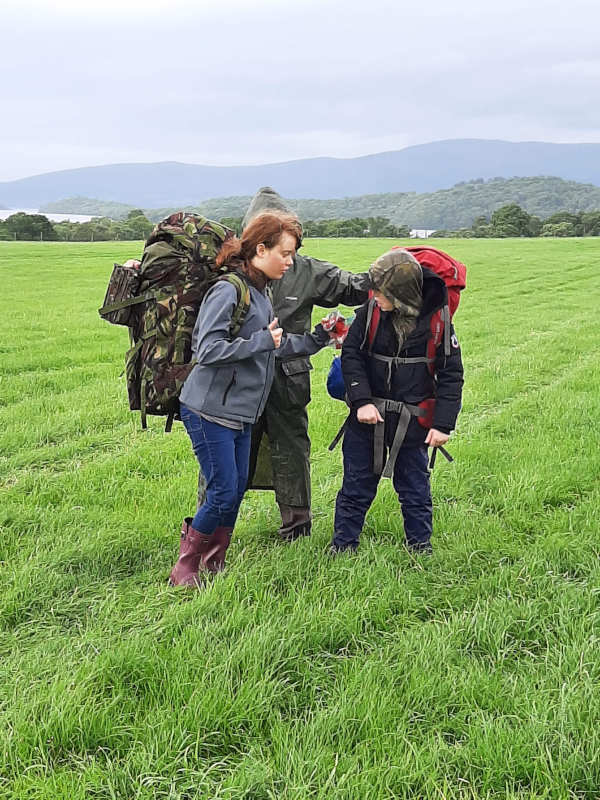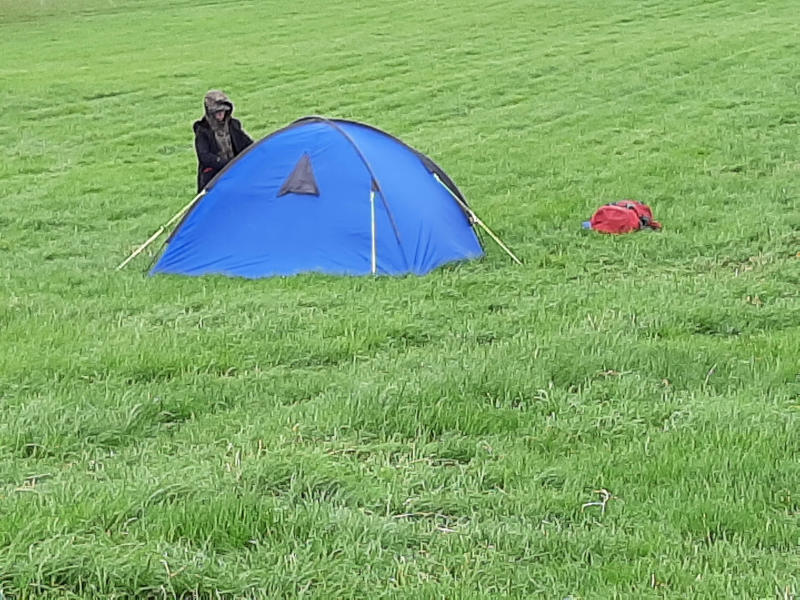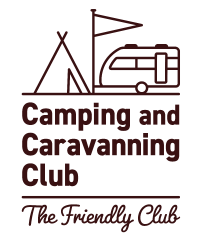Youth Test

If you are interested on sitting your youth test please speak to your youth leader or RYLO.
The National Youth Test is designed to make sure that young people can camp efficiently and safely when alone. There are both practical and oral examinations to make sure that you fulfil the Test requirements.
The test is based on the information contained in Fundamentals of Good Camping, a copy of which will be given to you by your Youth Leader once you start working towards your test. The age limits for taking this test are 12 to 17 years inclusive.
Preparation
Before taking the test, you are required to camp for six nights under the supervision of a Youth Leader. Normally this involves six weekends, during which period the Youth Leader will be there to give you any help required.

The Test
To pass the test you must complete the following elements:
Kit Packing - give a practical demonstration of packing the kit and answer questions on the method of packing.
Stoves and Fires - candidates will be expected to use their normal stove for cooking during the weekend, but must have knowledge of both liquefied petroleum gas and paraffin pressure stoves
Map Reading - demonstrate an ability to find your way by using a compass and a map, read a map reference correctly and know what information about the terrain may be obtained from the map.
First Aid - a small first aid kit should always be carried. While candidates are not expected to have medical training, they should be able to cope with the types of accident most likely to arise while camping.The Code for Campers - candidates should know and work to this code.
Rubbish Disposal - know what to do if there is no disposal point on site.
Sanitation and Grease Pit - demonstrate the procedure if facilities are not provided on site.
Cooking - candidates will provide the tester with a menu arranged for the weekend and will keep to this programme. One meal must consist of freshly cooked meat (or vegetarian alternative) and vegetables, and the menu should provide a balanced diet.
Choice of Pitch - attention to type of ground, wind direction, etc.
Erection of Tent - put up the tent you usually use and know how to pitch other types of lightweight tent.



